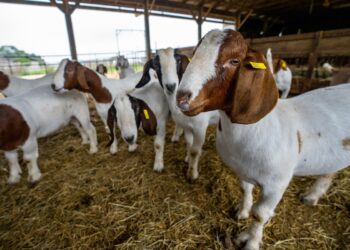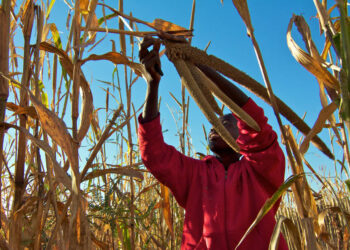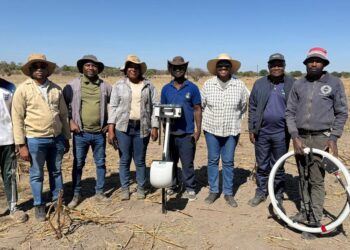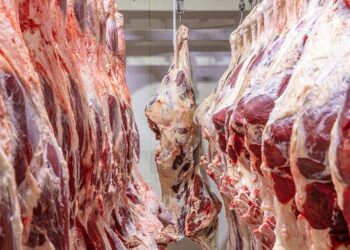
The Confederation of Namibian Fishing Associations (CNFA) has expressed concern over the government’s decision to allocate itself more fishing quotas ahead of the private sector.
According to the CNFA, this is leading to uncertainty for rights holders, who are worried about their investment and job security.
Matti Amukwa, the CNFA’s chairperson, said the government is now the largest quota holder, and that this is creating a parallel quota industry.
“The Marine Resource Act is very clear on the provision made on governmental objectives. The purpose was for emergency outbreaks only. The industry is therefore puzzled about how the governmental quotas issue is being handled. Instead of this being a random situation under emergencies, it has become routine,” he told a recent gathering hosted by the Namibia Fish Consumption and Promotion Trust at Walvis Bay.
“In fact, the Government has become the largest quota holder, without the obligations on quotas that are placed on right holders such as job creation and value addition. This situation is creating a parallel quota industry of vessel operators who are sustained by governmental quotas, and hence no longer need to work with right holders, since this new quota has no obligations.â€
Amukwa also called for the speedy implementation of the scorecard, which is a system that will assess the performance of right holders and allocate quotas accordingly.
“There is no need for any guidelines on governmental objectives since the Act is very clear. Fisheries is one of the natural resources in Namibia accessed through rights. We do not think that the other resources are being allocated through governmental objectives and without regard to current rights investors the way it is being done in fisheries. The industry urges the Ministry for further discussion on this matter,” he stated.
The government has, however, defended its decision to allocate quotas for governmental objectives, saying that it is necessary to advance socio-economic, cultural, or other governmental objectives in the public interest.
The government also says that the auctioning of fish quotas ensures that the nation receives equitable value for its fishery resources.
However, the CNFA says that the government is not being transparent about its objectives, and that the auctioning process is not fair.
The CNFA is calling on the government to reconsider its approach to quota allocation, and to ensure that the interests of rights holders are protected.
Namibia’s fish export earnings reached a historic peak in May of the present year, surging to N$1.1 billion compared to N$697 million in May 2022, as shown by the latest available data.
In 2022, Namibia experienced a slight 1.3% dip in fish exports, totalling N$7.8 billion in contrast to the N$7.9 billion recorded in 2021.
According to Simonis Storm, the fishing sector contributed an average of 12.5% to the total exports for 2022.
Â
Â











